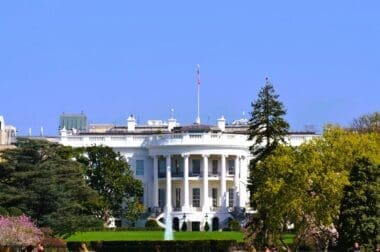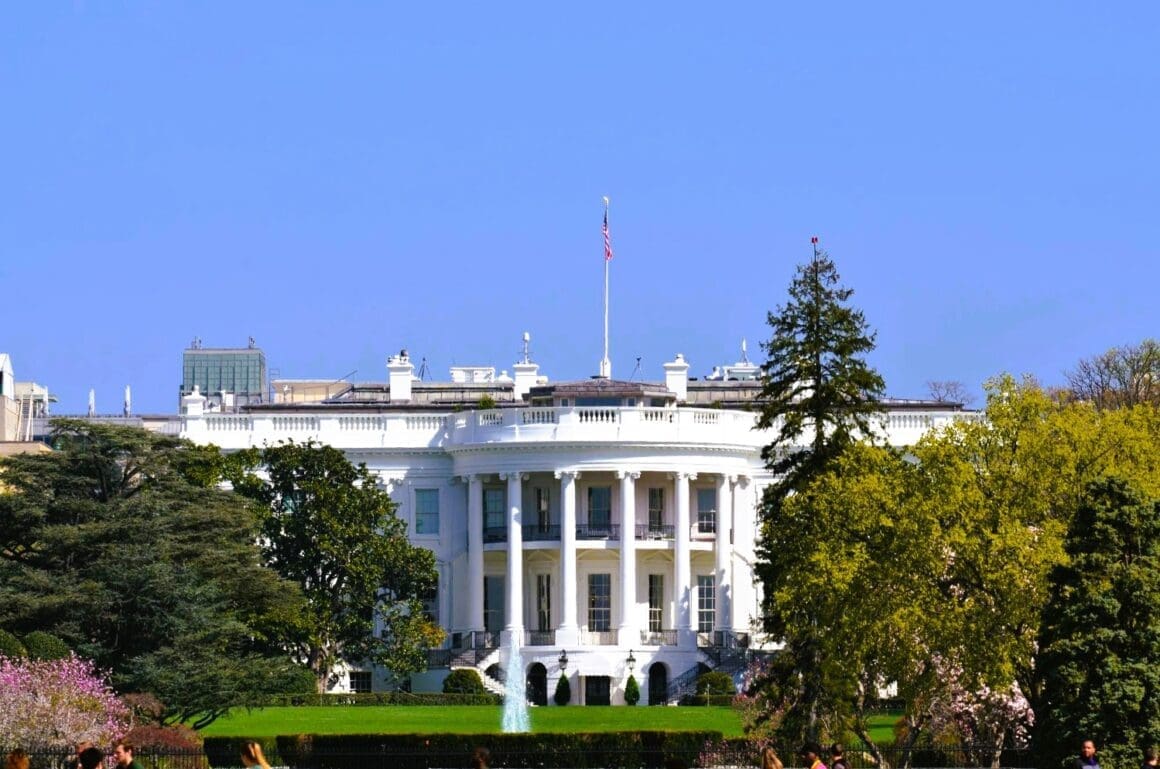The Trump administration has announced plans to appeal a federal court ruling mandating the re-admittance of Associated Press (AP) journalists to White House events, citing First Amendment rights. This decision follows a federal judge’s order challenging the exclusion of AP reporters and photographers from these events since February. The government filed the appeal on behalf of White House press secretary Karoline Leavitt, chief of staff Susan Wiles, and deputy chief of staff Taylor Budowich.
The notice of appeal was submitted to the United States Court of Appeals for the District of Columbia Circuit, though it offered no additional details. The appeal comes in response to a ruling by U.S. District Judge Trevor N. McFadden, a Trump appointee, who found in favor of the AP. The news agency had been barred from covering White House events after choosing not to comply with an executive order to rename the Gulf of Mexico.
Judge McFadden’s decision highlighted that the government’s actions constituted “viewpoint discrimination,” asserting that the administration cannot penalize the AP for its editorial decisions. This preliminary injunction represents a significant victory for the AP amid ongoing tensions between the White House and the press.
The judge emphasized that the First Amendment prohibits the government from selectively granting access to journalists based on their viewpoints. This ruling reinforces the notion that once the government allows media access to areas like the Oval Office or the East Room, it cannot exclude other journalists due to differing opinions.
Since February 11, the AP has been excluded from covering President Trump in the Oval Office and on Air Force One, with limited access to events in the East Room. The President has criticized the AP, established in 1846, labeling its members as “radical left lunatics” and demanding compliance with his directive to rename the Gulf of Mexico as the Gulf of America.
The AP has maintained its commitment to using the traditionally recognized name, Gulf of Mexico, in its influential stylebook. This decision underscores the agency’s stance on journalistic integrity and adherence to established global standards, despite the President’s renaming directive.
Understanding the Impact
- This court decision reinforces the protection of press freedom, which may embolden other media outlets facing similar restrictions.
- The ruling sets a precedent for the treatment of journalists, potentially influencing future government-media interactions under the First Amendment.
- The appeal may prolong the legal battle, affecting the AP’s immediate access to White House events and coverage of Presidential activities.
- Media organizations around the world might look to this case when addressing government-imposed restrictions on press access.
- The decision emphasizes the importance of editorial independence, impacting how news organizations decide on terminologies and reporting standards.














